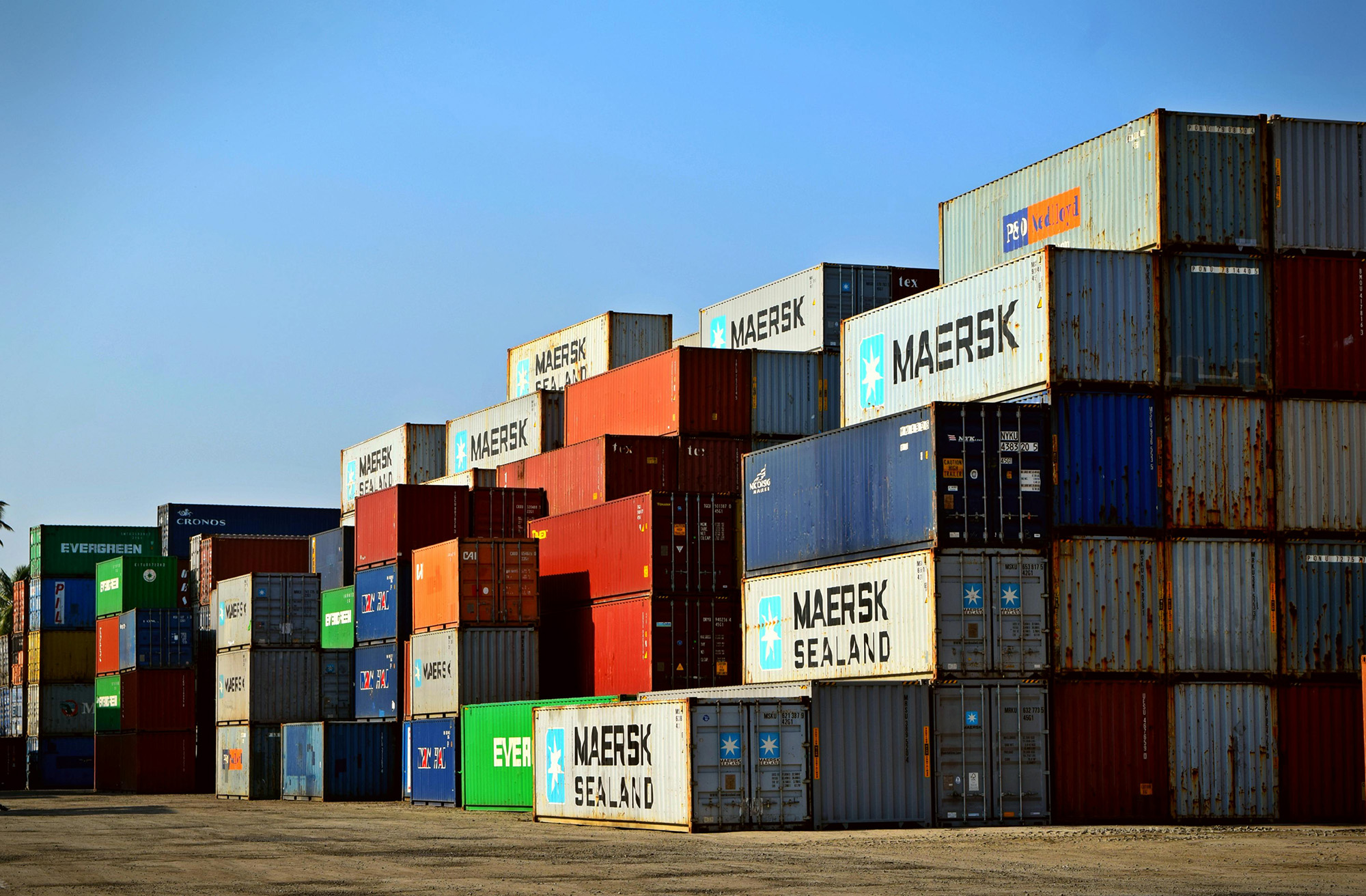Address
304 North Cardinal
St. Dorchester Center, MA 02124
Work Hours
Monday to Friday: 7AM - 7PM
Weekend: 10AM - 5PM
Address
304 North Cardinal
St. Dorchester Center, MA 02124
Work Hours
Monday to Friday: 7AM - 7PM
Weekend: 10AM - 5PM

In recent years, the U.S. has seen a significant increase in the importation of cheap products from China, driven by the rise of e-commerce platforms like Temu and others. While these low-cost goods offer consumers an affordable way to purchase a wide array of items, the ecological, human, and privacy implications of this trend are profound and far-reaching.
The environmental toll of manufacturing and shipping cheap products from China to the U.S. is considerable. The production of these goods often involves resource-intensive processes that result in significant carbon emissions and pollution. For instance, the manufacturing sector in China is responsible for a large share of global greenhouse gas emissions, with the country producing 28% of the world’s CO2 emissions in 2019 (US EPA) (US EPA).
Shipping these products across the Pacific further exacerbates their ecological footprint. The maritime transport industry, which handles over 80% of global trade by volume, is a major source of pollution, contributing to around 2.2% of global CO2 emissions. The long-distance transportation of goods from China to the U.S. involves substantial fuel consumption, leading to increased greenhouse gas emissions and other pollutants (US EPA).
The human cost of cheap product manufacturing in China cannot be overlooked. Many factories in China operate under conditions that would be unacceptable in more developed countries, with workers often facing long hours, low wages, and unsafe working environments. The exploitation of labor in these factories raises significant ethical concerns. Reports have documented instances of child labor, forced labor, and other human rights abuses within the supply chains of products destined for Western markets (Al Jazeera) (The Independent).
Platforms like Temu, which facilitate the purchase of inexpensive goods from China, have also raised significant privacy concerns. These companies often collect vast amounts of personal data from their users, which can include everything from shopping habits to payment information. The potential misuse or mishandling of this data poses a risk to consumer privacy. Moreover, there are concerns about the extent to which these companies comply with international data protection regulations, such as the GDPR in Europe or the CCPA in California (Al Jazeera) (Physorg).
The lifecycle of cheap products is typically short, leading to a high turnover rate and substantial waste. Many of these items are of low quality and are discarded soon after purchase, contributing to the growing problem of electronic and material waste in landfills. The Environmental Protection Agency (EPA) reported that in 2018, the U.S. generated approximately 292.4 million tons of municipal solid waste, a significant portion of which included discarded consumer goods (US EPA). This waste not only occupies valuable landfill space but also poses environmental hazards as it breaks down and releases toxins into the soil and water.
While the influx of cheap products from China to the U.S. provides consumers with affordable goods, the hidden costs are substantial. The environmental impact of production and shipping, the human toll on exploited workers, privacy risks from data-harvesting platforms, and the resulting waste all underscore the need for a more sustainable and ethical approach to consumption. Consumers, policymakers, and businesses must work together to address these challenges and promote practices that prioritize environmental sustainability, human rights, and data privacy.
For further reading on these topics, consider exploring articles from reputable sources such as: